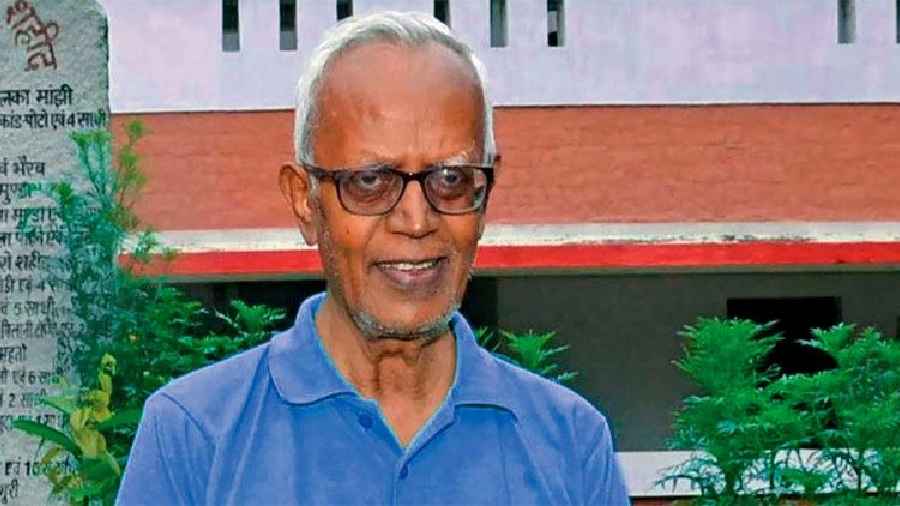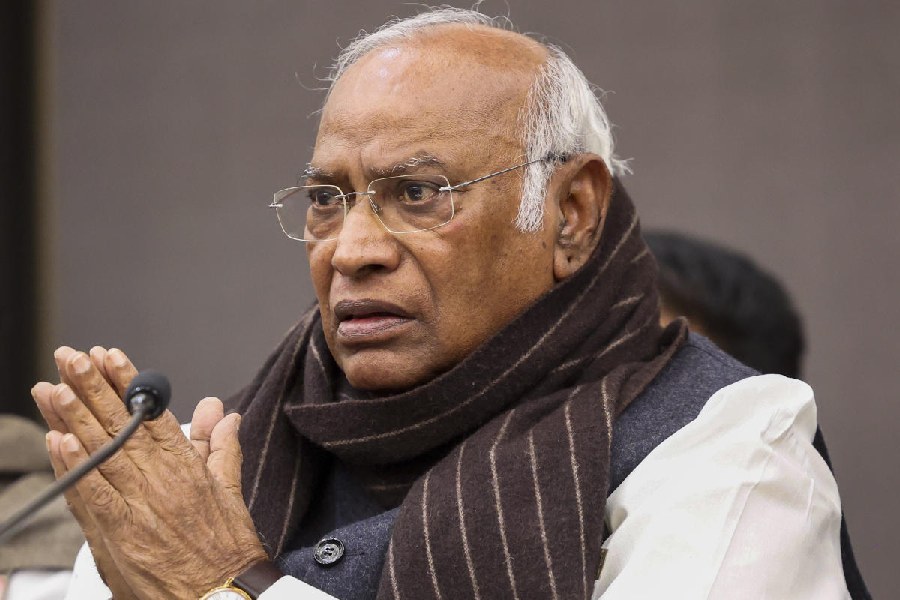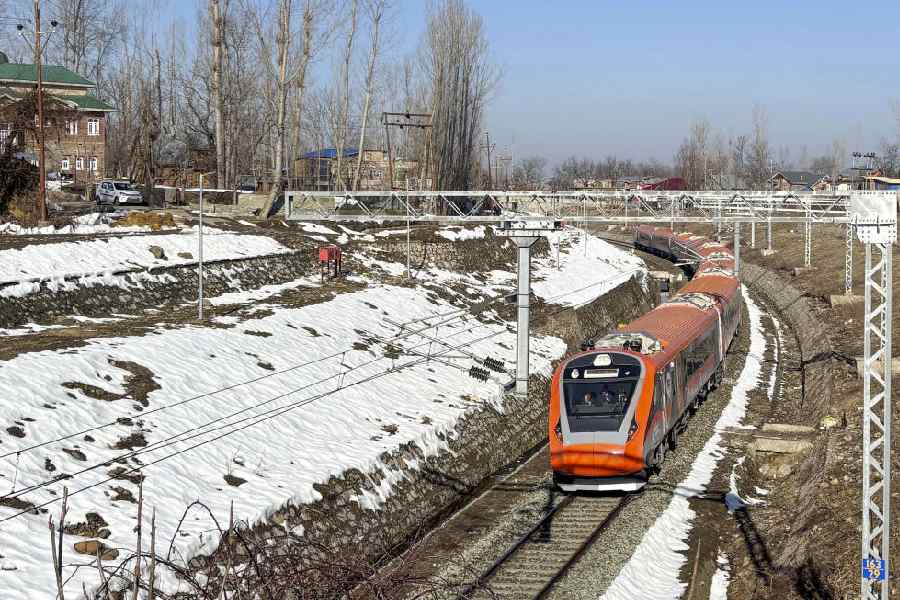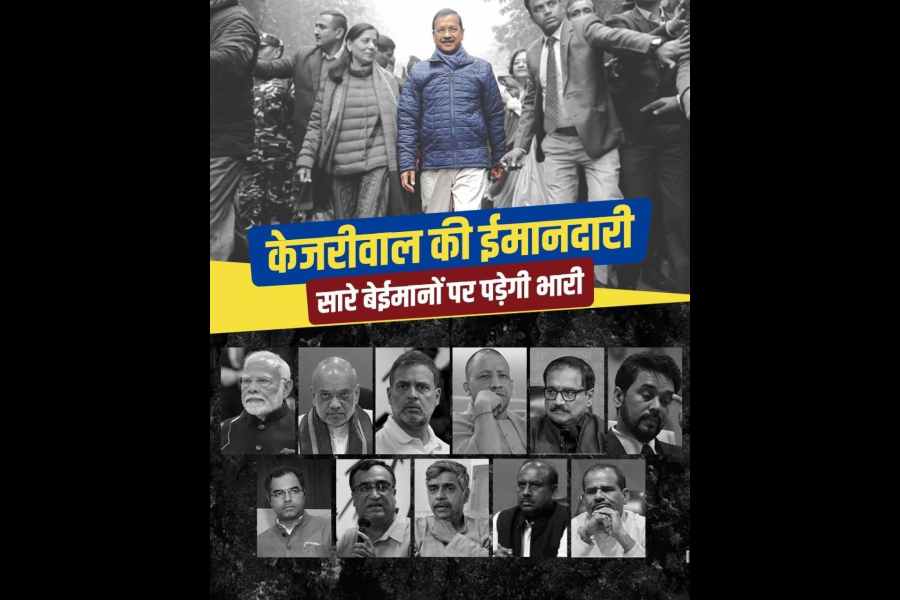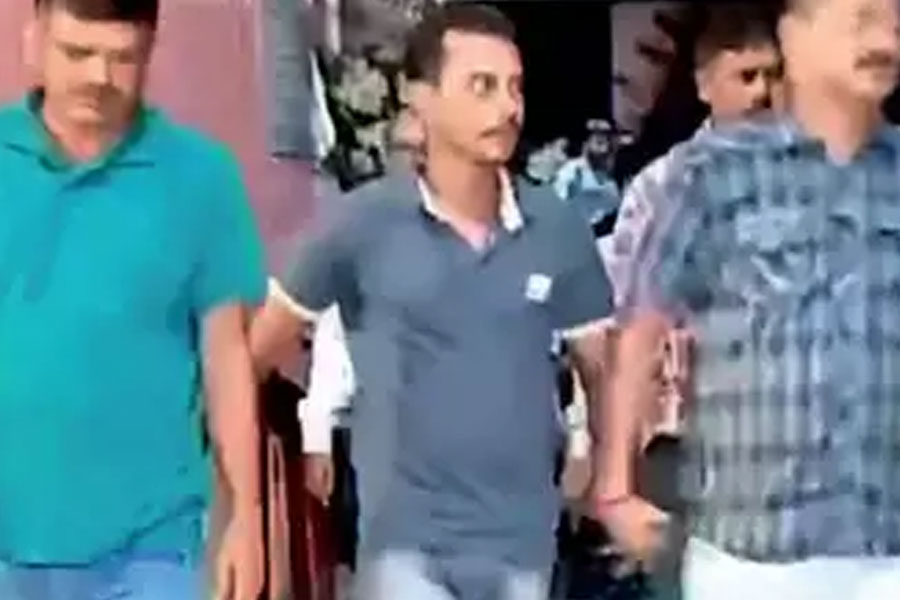A study by Boston-based firm Arsenal Consulting suggests that fabricated “evidence” was planted on the computer of Ranchi priest Stan Swamy, 84, who was arrested in the Elgaar Parishad-Maoist links case and died of post-Covid complications in judicial custody last year.
The firm has analysed a copy of the hard drive of Swamy’s computer, an exercise it had also carried out last year for two co-accused: Delhi activist Rona Wilson and Nagpur lawyer Surendra Gadling. Fabricated “evidence” planted through spyware was found on the copies of their devices as well.
A report from Arsenal, engaged by defence lawyers of several of the accused, said Swamy’s “computer was compromised by the same attacker identified in Reports I, II, and III over the course of three distinct campaigns, beginning on October 19, 2014, and ending upon the seizure of his computer by Pune police department on June 12, 2019”.
“The attacker responsible for compromising Fr Swamy’s computer had extensive resources (including time) and it is obvious their primary goals were surveillance and incriminating document delivery,” it added.
In February this year, California-based firm SentinelOne said in a report that Wilson was targeted by two hacking entities, one of which was aligned with Indian security interests.
In June, US magazine Wired reported on alleged links between the Pune police and hackers who it said had planted fabricated evidence on Wilson and two co-accused: Telugu litterateur Varavara Rao and academic Hany Babu M.T.
The latest Arsenal report said: “Arsenal has connected the same attacker to a significant malware infrastructure which we now know was deployed over the course of over six years to not only attack and compromise Fr Swamy’s computer during the aforementioned time span, but to attack his co-defendants in the Bhima Koregaon (Elgaar Parishad) case and defendants in other high-profile Indian cases as well.
“It should be noted that this is one of the most serious cases involving evidence tampering that Arsenal has ever encountered, based on various metrics which include the vast time span between the delivery of the first and last incriminating documents on multiple defendants’ computers.”
The Pune police, Maharashtra government and the National Investigation Agency (NIA), which is probing the case, have not responded to queries from this newspaper on the latest findings about evidence-planting.
The NIA had denied Arsenal’s findings in the past and told Bombay High Court that “documents which are not part of the chargesheet cannot be relied upon”.
The Maharashtra government too told the court that the accused could challenge the evidence only when it came to trial.
The Washington Post newspaper on Tuesday quoted Robert Jan Mora, a digital forensics expert at Volexity, a Washington DC cyber security firm, and Alessandro Di Carlo, director of forensics at Certego, an Italian cyber security company, both of whom confirmed the veracity of Arsenal’s findings.
Joseph Xavier, convener of the Fr Stan Swamy Legacy Committee of the Jesuits, said in a statement: “Father Stan Swamy’s death in custody was roundly condemned worldwide, including in the British Parliament, by the US state department, and the UN. The UN Working Group on Arbitrary Detentions agreed that Father Stan’s death in custody ‘will forever remain a stain on the human rights record of India’. In July 2022, a resolution honouring Father Stan’s life and work was introduced in the US Congress.”
He added: “We, the Jesuits of India, continue to stand in solidarity with those who are languishing in various jails for defending the rights of the poor, especially those falsely implicated in BK16 (Elgaar Parishad) case and reaffirm our commitment to the poor and the marginalised and walk with them in their quest for dignity, liberty, and freedom.”
The Society of Jesus or Jesuits, which Swamy was part of, has hailed the priest as a “martyr” and his ashes have been laid in state in several parts of India.
In 2020, Amnesty International and the University of Toronto’s Internet watchdog, Citizen Lab, had revealed that a coordinated spyware operation had in 2019 targeted at least nine human rights defenders, eight of whom are now campaigning for the release of the Elgaar undertrials.
Also in 2019, the Israeli spyware Pegasus — sold only to governments — was discovered to have been used to spy on activists by penetrating their mobile phones via WhatsApp.
In 2020, then communications and IT minister Ravi Shankar Prasad had told the Rajya Sabha: “To the best of my knowledge, no unauthorised interception has been done.”
This year, a committee formed by the Supreme Court to probe the allegations of unauthorised surveillance said the “government has not cooperated fully” with the investigation. It added that although some of the devices submitted for examination had revealed the presence of “malware”, no link to Pegasus could be established.
Sixteen writers, academics, lawyers and activists were arrested in the Elgaar Parishad case — an investigation into alleged Maoist links to an Ambedkarite event that was followed by caste clashes near Pune, which claimed one life.

